Rwanda’s Living Tapestry
Rwanda’s culture is not confined to museums or monuments, it’s alive in the rhythm of drums, the grace of Intore dancers, the wisdom of elders, and the resilience of communities. At Nile Abenteuer Safaris, we believe that cultural travel should be immersive, respectful, and transformative. Our Cultural Safari Holidays are designed to take you beyond observation, into participation, dialogue, and shared experience.
From royal palaces to genocide memorials, from artisan cooperatives to sacred forests, Rwanda’s cultural landscape is layered with memory, meaning, and movement. These journeys are not about ticking boxes, they’re about listening, learning, and connecting with a nation that honors its past while shaping its future.
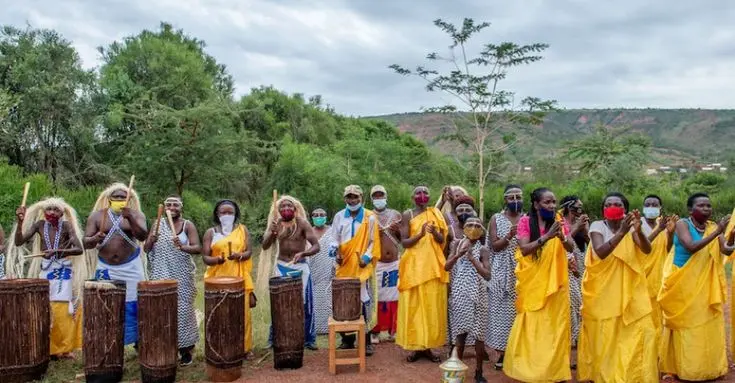
Key Cultural Safari Destinations in Rwanda
| Destination | Cultural Highlights |
|---|---|
| Iby’Iwacu Cultural Village | Traditional homes, Intore dance, herbal medicine, former poacher stories |
| Banda Cultural Village | Located in Nyungwe, known for basket weaving, storytelling, and forest traditions |
| Kitabi Cultural Center | Agro-tourism, tea culture, and community-led performances near Nyungwe |
| Kigali Genocide Memorial | National remembrance site, educational exhibits, reconciliation programs |
| Nyamata & Ntarama Memorials | Churches turned memorials, personal artifacts, survivor narratives |
| Rukari King’s Palace Museum | Reconstruction of royal palace, traditional regalia, Inyambo royal cattle |
| Ethnographic Museum (Huye) | Extensive collection of Rwandan cultural artifacts and historical exhibits |
| Buhanga Sacred Forest | Ancient rituals, spiritual significance, and oral history traditions |
| Lake Kivu Villages | Fishing communities, banana beer brewing, lakeside storytelling |
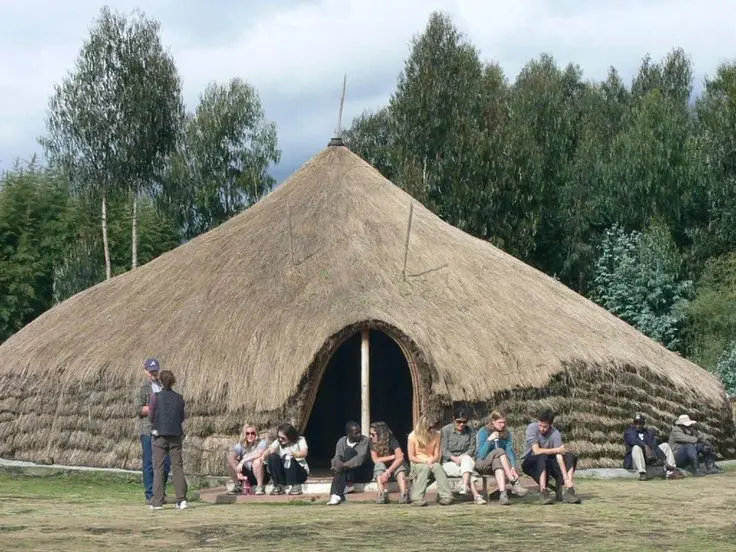
Why Rwanda for Cultural Safaris
Three Distinct Ethnic Traditions
Rwanda’s cultural identity is shaped by the contributions of three ethnic groups, each with its own legacy and way of life. The Hutu, traditionally agriculturalists, have cultivated Rwanda’s fertile hills for generations, developing farming techniques and rituals tied to the land. The Tutsi, historically pastoralists, brought with them the elegance of cattle culture, including the revered Inyambo royal cows, known for their majestic horns and ceremonial role in royal courts. The Twa, Rwanda’s original forest dwellers, are master artisans and musicians whose deep connection to nature is reflected in their pottery, dance, and oral traditions. Together, these communities form a cultural mosaic that is both diverse and deeply interconnected.
Intore Dance & Drumming
The heartbeat of Rwanda’s cultural expression lies in its music and movement. The Intore dance, once performed exclusively for kings and warriors, is a powerful blend of choreography, storytelling, and symbolism. Dancers wear traditional regalia, beaded headdresses, sisal skirts, and spears, and move with precision and pride, reenacting tales of bravery and honor. Accompanied by drumming ensembles, these performances are not just entertainment; they are living rituals that connect past and present. Participating in or witnessing an Intore performance is a visceral experience, one that stirs the soul and celebrates Rwanda’s enduring spirit.
Historical Depth
Rwanda’s history is layered and complex, spanning centuries of monarchy, colonial influence, independence, tragedy, and renewal. The King’s Palace Museum in Nyanza offers a glimpse into pre-colonial governance, showcasing traditional architecture, royal customs, and the symbolism of leadership. The Ethnographic Museum in Huye houses one of Africa’s finest collections of cultural artifacts, from musical instruments to ceremonial attire. More recent history is marked by the 1994 genocide against the Tutsi, a national wound that has been met with extraordinary efforts in reconciliation and remembrance. Rwanda’s cultural safaris allow travelers to engage with this history respectfully, through guided visits, survivor narratives, and peace-building initiatives.
Craftsmanship & Cuisine
Rwandan culture is tactile, flavorful, and rooted in community. In villages like Banda and Kitabi, visitors can learn the art of basket weaving, a skill passed down through generations and symbolic of unity and resilience. Pottery workshops reveal the Twa’s ancestral techniques, while banana beer brewing offers a taste of rural celebration. Traditional cooking classes invite guests to prepare dishes like Isombe (cassava leaves with groundnuts) or Ugali, using locally sourced ingredients and age-old methods. These experiences are not staged, they are shared moments of creation, conversation, and connection.
Sites of Memory
Rwanda’s cultural journey is incomplete without acknowledging its path through pain and healing. The Kigali Genocide Memorial, along with regional sites like Nyamata and Ntarama, serve as places of reflection, education, and tribute. These memorials are thoughtfully curated, combining personal stories, historical context, and spaces for contemplation. Visitors are guided with sensitivity, ensuring that the experience is respectful and meaningful. Beyond remembrance, Rwanda has built peace centers and community dialogue programs that showcase its commitment to unity and resilience. Cultural safaris that include these sites offer travelers a deeper understanding of Rwanda’s strength, not just in survival, but in transformation.
Our Rwanda Cultural Safari Packages
Each itinerary is crafted to reflect a unique cultural lens, from heritage and healing to celebration and craft. All packages are customizable.
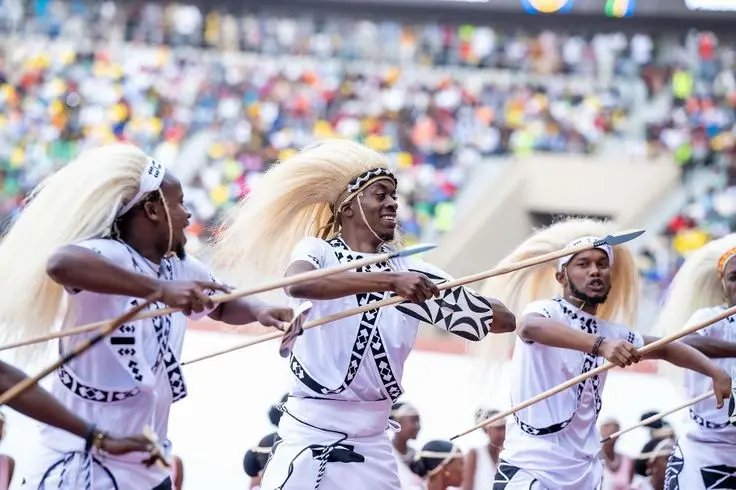
Group Tour
Intore Legacy Safari – 3 Days (Budget Safari)
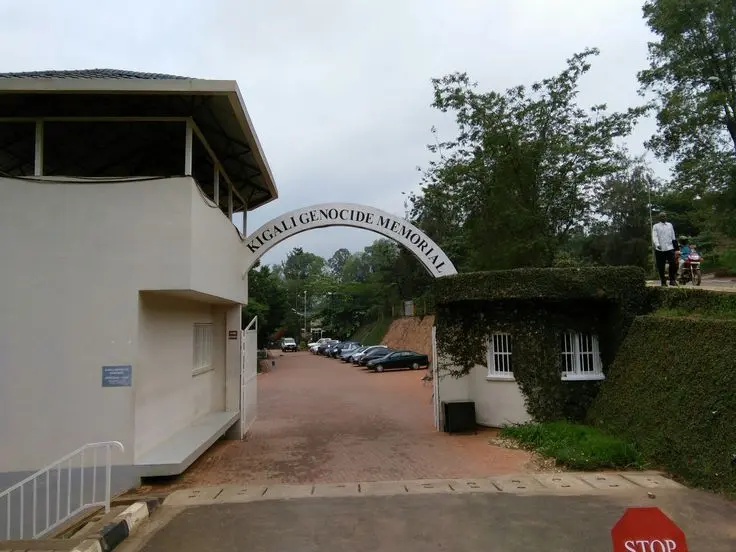
Group Tour
Memory & Reconciliation Journey – 4 Days (Midrange Safari)
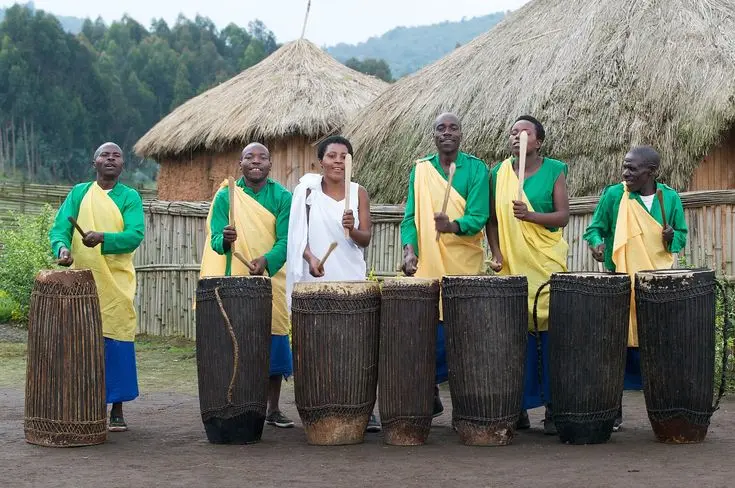
Group Tour
Craft & Cuisine Safari – 5 Days (Budget Safari)
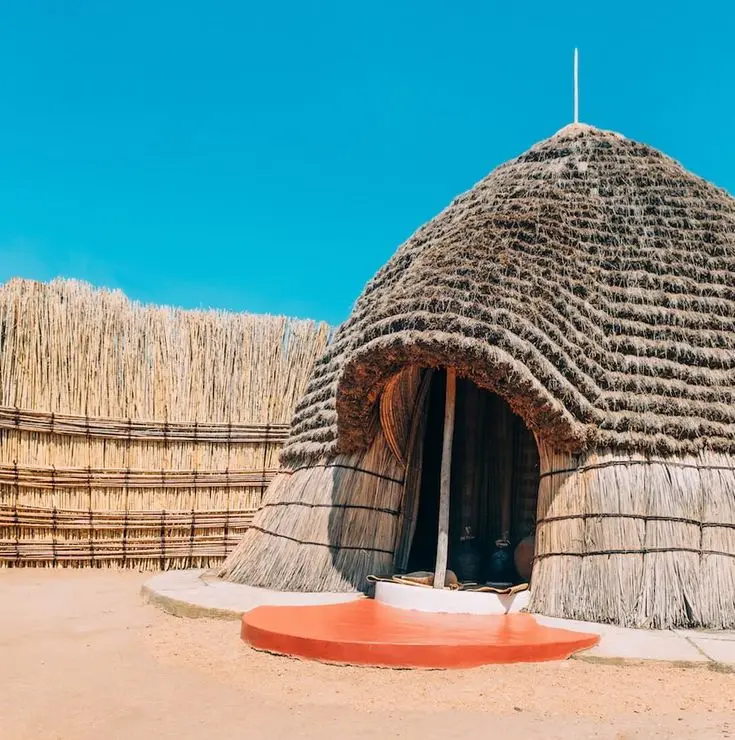
Group Tour
Royal Rwanda Heritage Tour – 3 Days (Midrange Safari)
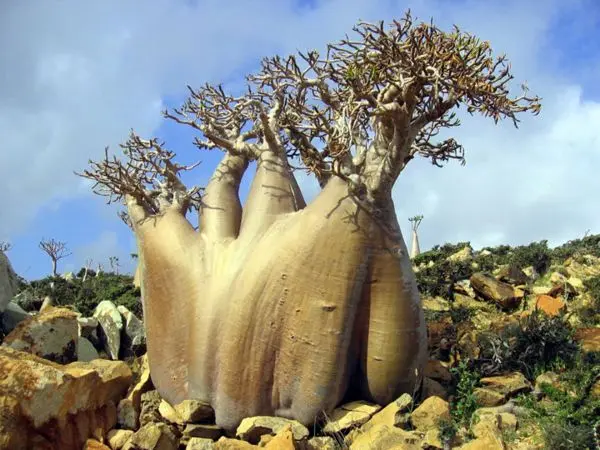
Group Tour
Sacred Forest & Spiritual Traditions Safari – 2 Days (Midrange Safari)
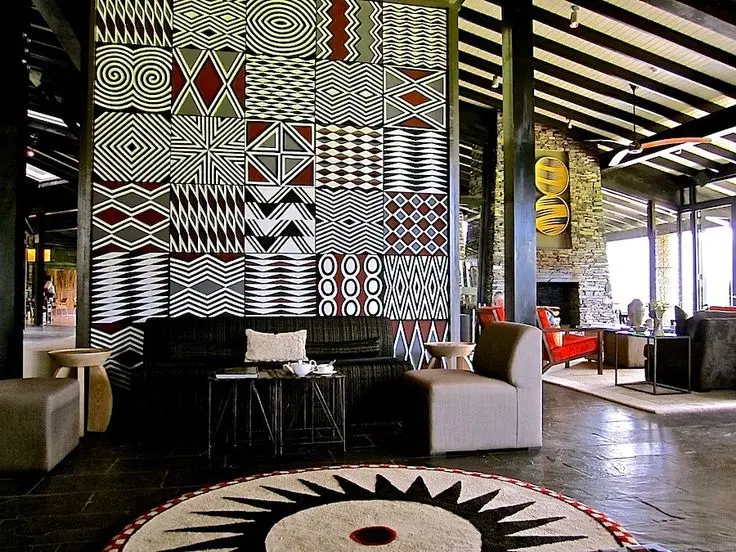
Group Tour
Cultural Circuit Safari – 7 Days (Budget Safari)
Recommended Cultural Lodges & Guesthouses
- Five Volcanoes Boutique Hotel – Near Iby’Iwacu Village, with cultural programming
- Nyungwe Top View Hill Hotel – Overlooks Banda Village, supports local artisans
- Kitabi Eco-Center – Community-run lodge with cultural workshops
- Virunga Lodge – Panoramic views and cultural storytelling evenings
- Heaven Boutique Hotel – Kigali-based, supports youth training and cultural events
- Heritage Hotel Nyanza – Ideal base for royal palace visits
- Cormoran Lodge – Lakeside retreat with access to fishing villages
Best Time to Travel
Cultural safaris are available year-round, but dry seasons (June–September, December–February) offer easier access to rural villages and outdoor performances. Festival periods such as Umuganura (Harvest Festival) and Kwita Izina (Gorilla Naming Ceremony) provide unique opportunities for cultural celebration.
Travel with Purpose
Every cultural safari with Nile Abenteuer Safaris is designed to honor Rwanda’s heritage and uplift its communities. We work with local cooperatives, cultural centers, and educators to ensure your visit supports livelihoods, preserves traditions, and fosters mutual respect.
Ready to Begin Your Cultural Journey?
Let’s craft a safari that speaks to your curiosity, values, and desire for meaningful connection. Whether you’re a solo traveler, a heritage enthusiast, or a group seeking cultural depth, we’ll tailor your experience with care.
Email: info@nileabenteuersafaris.com
Website: www.nileabenteuersafaris.com
Rooted in Rwanda, guided by heritage